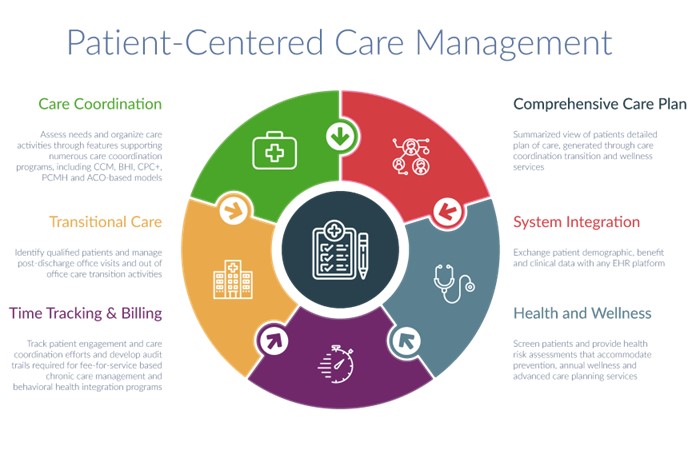What would be the best education for a nurse to give a client to prevent poisoning of a child in the home?
Take only prescription medications as prescribed. Never share your prescription drugs.
Keep cleaning liquids in a locked cabinet.
Follow directions on the label when taking medications and read all warnings.
Store all medications in a visible and accessible place for easy retrieval.
The Correct Answer is B
To prevent poisoning of a child in the home, it is important to keep cleaning liquids and other potential poisons in a locked cabinet12.
This includes storing medicines, chemicals, and cleaners up high in a locked cupboard and in their original containers1.
Choice A is incorrect because it focuses on prescription medications and not on preventing the poisoning of a child in the home.
Choice C is incorrect because it focuses on taking medications correctly and not on preventing the poisoning of a child in the home.
Choice D is incorrect because storing medications in a visible and accessible place could increase the risk of poisoning if a child were to access them.
Nursing Test Bank
Naxlex Comprehensive Predictor Exams
Related Questions
Correct Answer is D
Explanation
Collaborate with the client and provider to develop a client-centered plan of care.
It is important for the nurse to respect the client’s cultural and religious beliefs while also ensuring that his medical needs are met.
By collaborating with the client and his healthcare provider, the nurse can help develop a plan of care that takes into account the client’s desire to fast during Ramadan while also managing his diabetes.

Choice A) Educating the client that fasting is not an option is not respectful of the client’s beliefs and may not be effective in promoting adherence to treatment.
Choice B) Telling the client not to take his insulin the night before is not appropriate as it may result in uncontrolled blood sugar levels.
Choice C) Informing the client that he will need to change his lifestyle completely is not a client-centered approach and may not be effective in promoting adherence to treatment.
Correct Answer is C
Explanation
Accepting pauses or silences that may extend for some time without interjecting a verbal response is considered therapeutic communication12.
Therapeutic communication is a collection of techniques that prioritize the physical, mental, and emotional well-being of patients1.
Deliberate silence can give both nurses and patients an opportunity to think through and process what comes next in the conversation1.
Choice A is not correct because accepting pauses or silences is not considered rude behavior.
Choice B is not correct because accepting pauses or silences is not considered a barrier to communication.
Choice D is not correct because accepting pauses or silences is not considered a form of verbal communication.
Whether you are a student looking to ace your exams or a practicing nurse seeking to enhance your expertise , our nursing education contents will empower you with the confidence and competence to make a difference in the lives of patients and become a respected leader in the healthcare field.
Visit Naxlex, invest in your future and unlock endless possibilities with our unparalleled nursing education contents today
Report Wrong Answer on the Current Question
Do you disagree with the answer? If yes, what is your expected answer? Explain.
Kindly be descriptive with the issue you are facing.
